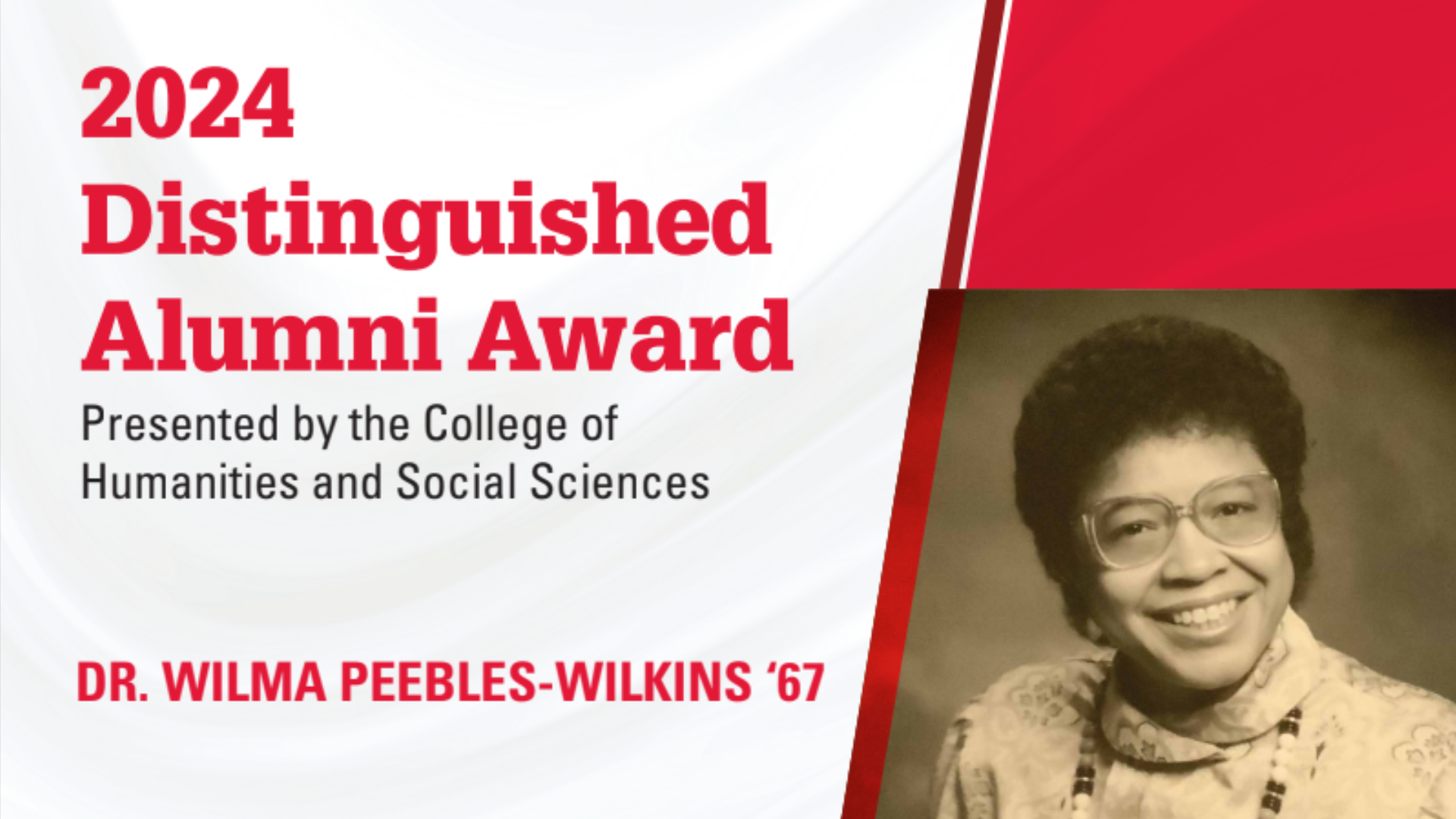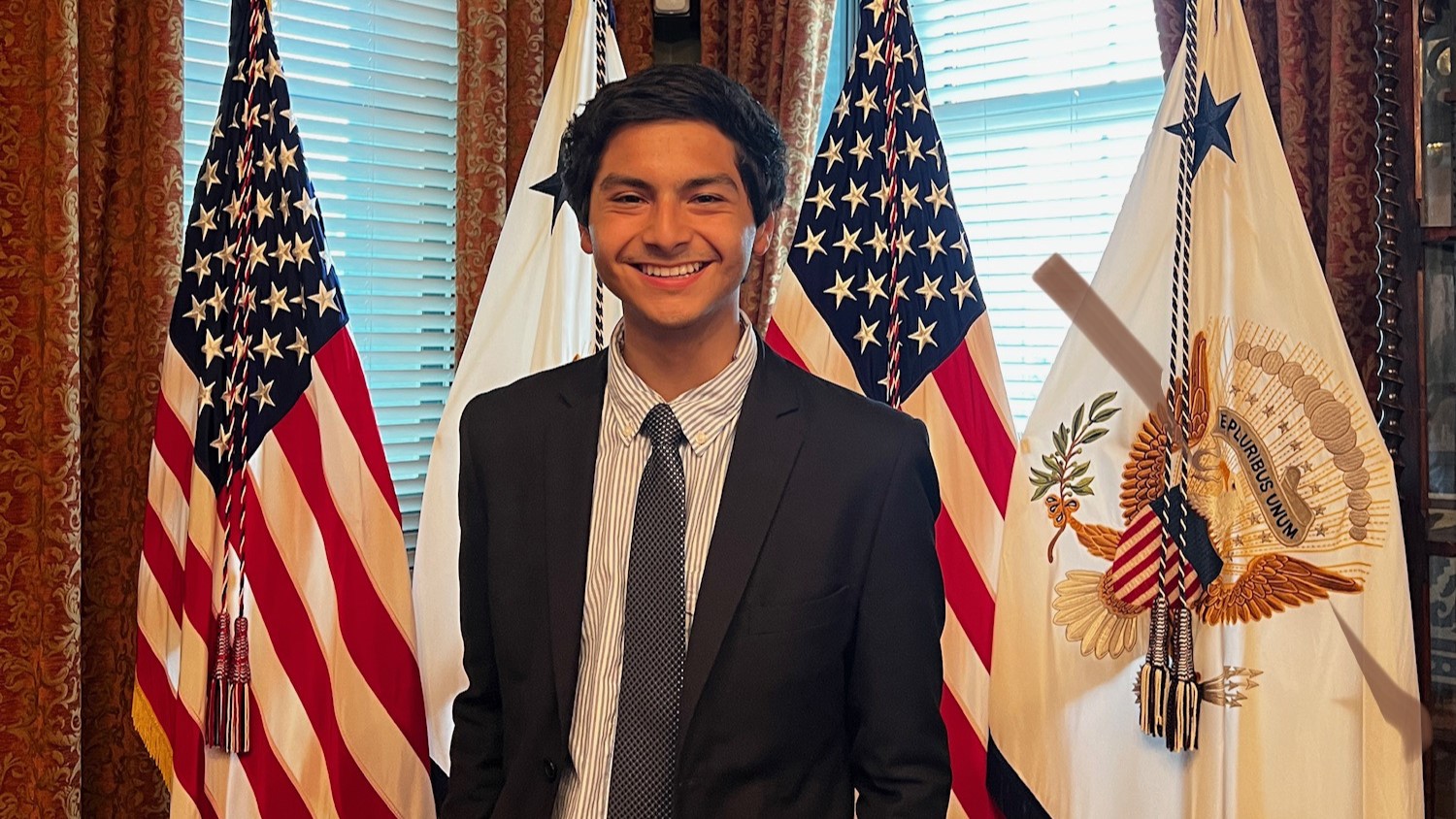A Critical Connection
Alumni Play Key Roles in Police Program to Support Individuals in Crisis
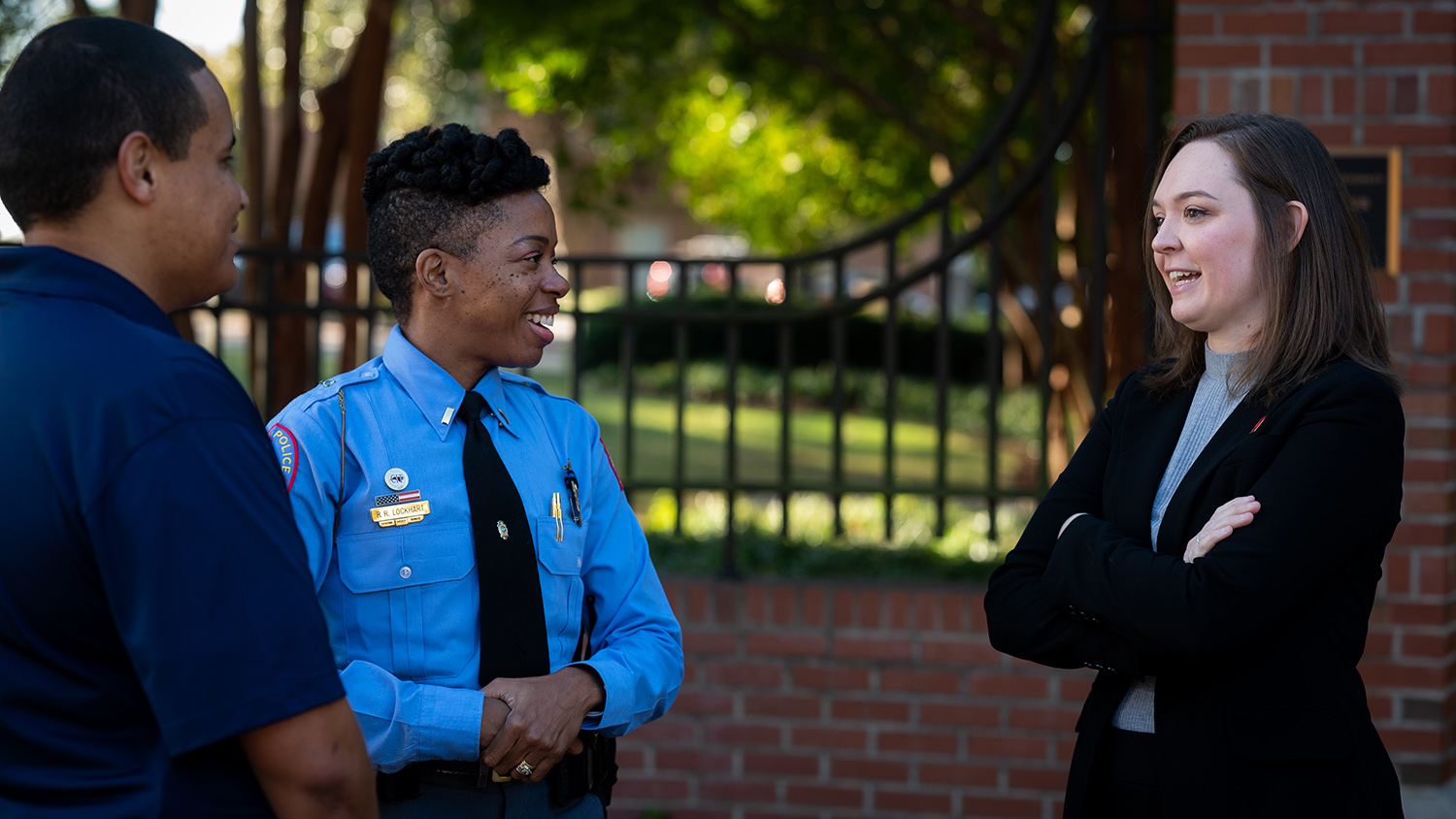
CALL LOG:
– A disoriented man may be suffering a mental health episode.
– A mother is worried her daughter is experiencing a drug overdose.
In Raleigh and other cities across the nation, emergency calls like these often involve individuals in crisis.
Three NC State alumni are applying their social work backgrounds to help the Raleigh Police Department (RPD) prevent and respond to such crises. As key facilitators of a proactive program called ACORNS, they’re helping connect those experiencing mental health concerns, substance use disorders and homelessness with the services they need.
The program, launched in 2021, stands for Addressing Crises through Outreach, Referrals, Networking and Service. It’s a citywide initiative that pairs social workers with police officers to assist people before they get into a crisis by connecting them with such community resources as access to housing, counseling and medical care. The ACORNS team consists of two supervisors, one detective, three officers and three social workers.
“ACORNS is about serving and protecting,” said Paige L. Moore, who developed the program with the RPD’s Research and Planning Unit, and created with input from the RPD officers, Raleigh residents, local nonprofits and service providers. “We saw the need and developed a response.”
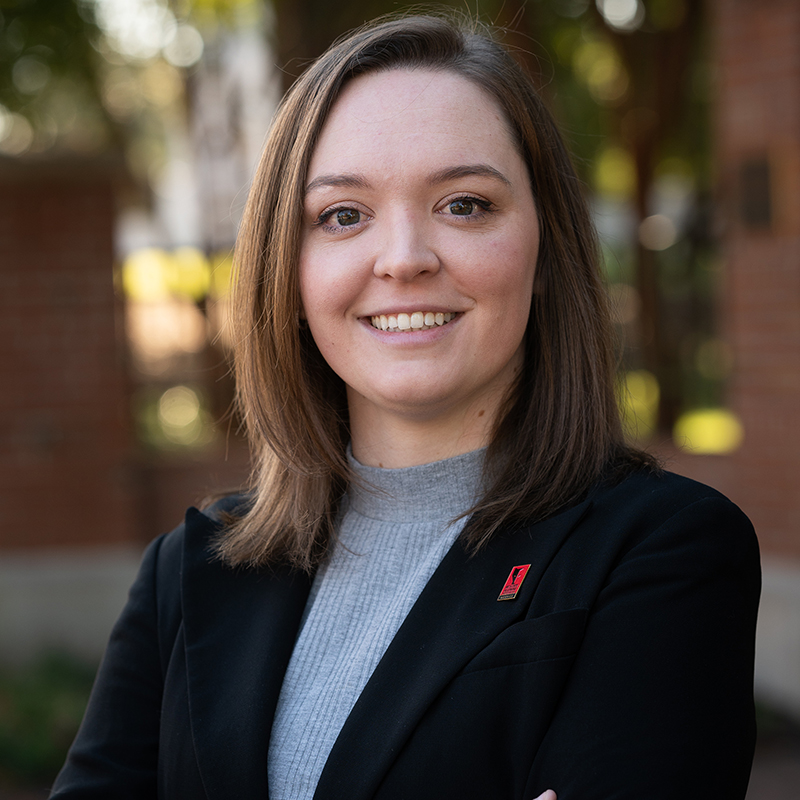
The program also helps build rapport within the community, added Moore, who earned a Master of Social Work from NC State and is now a doctoral candidate in the Ph.D. in Public Administration program. She started working on ACORNS in 2019 with retired Raleigh Police Chief Cassandra Deck-Brown, a graduate of NC State’s Master of Public Administration program.
Individuals in need voluntarily work with ACORNS, which follows a “care and safety first, enforcement last” approach, said Lt. Renae Lockhart, a 20-year RPD veteran who supervises the team. Lockhart holds a bachelor’s degree and a master’s degree in social work from NC State.
Here’s how the team works. Traditional uniformed police (trained in crisis intervention) initially respond to the call and, in turn, reach out or submit a referral to ACORNS.
“When we get a referral, an officer dressed in plain clothes and a social worker will go out and speak with individuals during or after the crisis,” said Christopher Reed, an RPD officer and ACORNS team member. “We see what their exact needs are and determine how we engage and interact.”
It is, he added, all about providing support and building relationships and trust — one step at a time. Reed earned a bachelor’s degree in criminology and minors in social work and forensics at NC State.
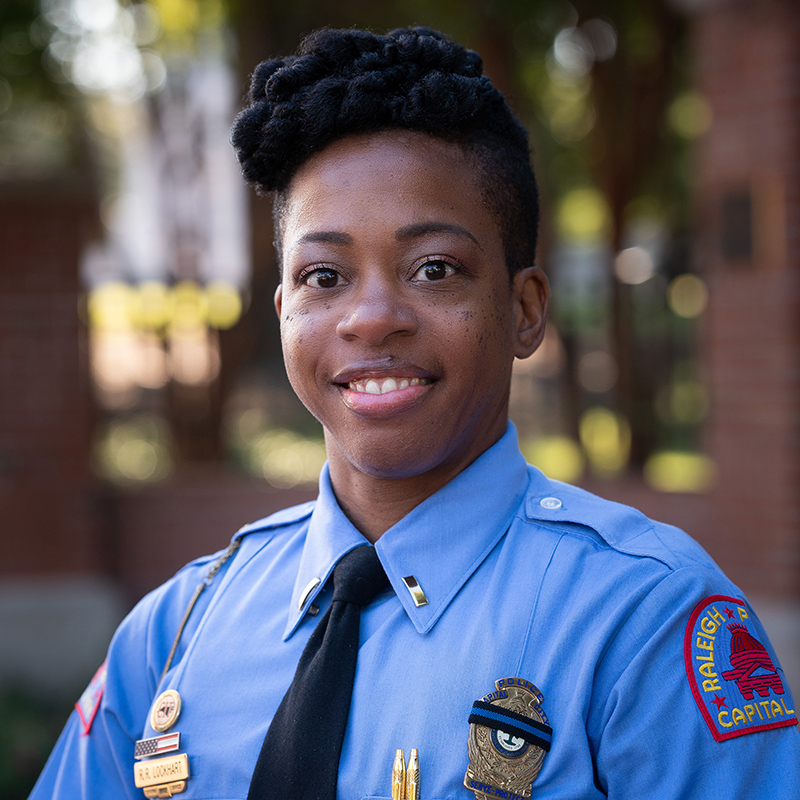
Once the ACORNS team gets involved, it arrives with information, empathy and compassion.
After team members identify individuals’ long-term goals, they connect them with appropriate community resources and service providers. They also conduct follow-up investigations to ensure the services were helpful and make additional referrals if necessary.
“It is walking along with someone on the journey they want to take and making family members aware of their options,” Lockhart added. “It is getting to the root causes to prevent crisis calls in the future.“
That has helped decrease the number of repeat calls and lower crime. In addition, when team members apply their expertise to emergency calls, they free police officers to respond to crimes rather than situations needing mediation or intervention.
The team connected with 507 people and assisted with 793 emergency calls in Raleigh during the past year, Lockhart said but added: “The need is great, we are doing a lot of work with a little, and we need more help and additional resources.”
The idea of social workers and police officers working together is not new. Social work students from NC State have interned with RPD for years, and crisis counselors and other personnel have worked with the department in a social work capacity, noted Lockhart, who is also a lecturer in NC State’s School of Social Work.
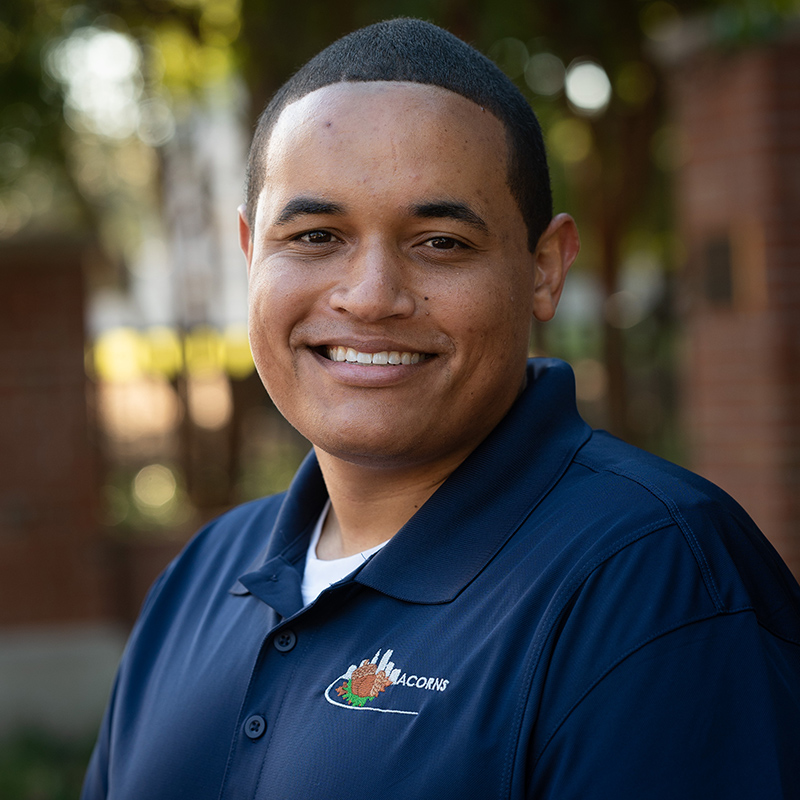
However, ACORNS is distinct because it combines the two groups into a single co-responder unit and serves three specific populations in Raleigh. It is also integrated into the community, embedded in social equity, and customized to fit the city’s needs, added Moore.
Team members said they are aware of concerns that ACORNS should be separate and act independently from the police. The reality, they added, is police officers traditionally have and will continue to have some role in crises-related calls.
Another reality is the program’s success is difficult to measure because the individuals that ACORNS serves regularly need assistance over multiple years and often relapse. But each day they are not in crisis is a win — for them and the City of Oaks, team members said.
- Categories:

